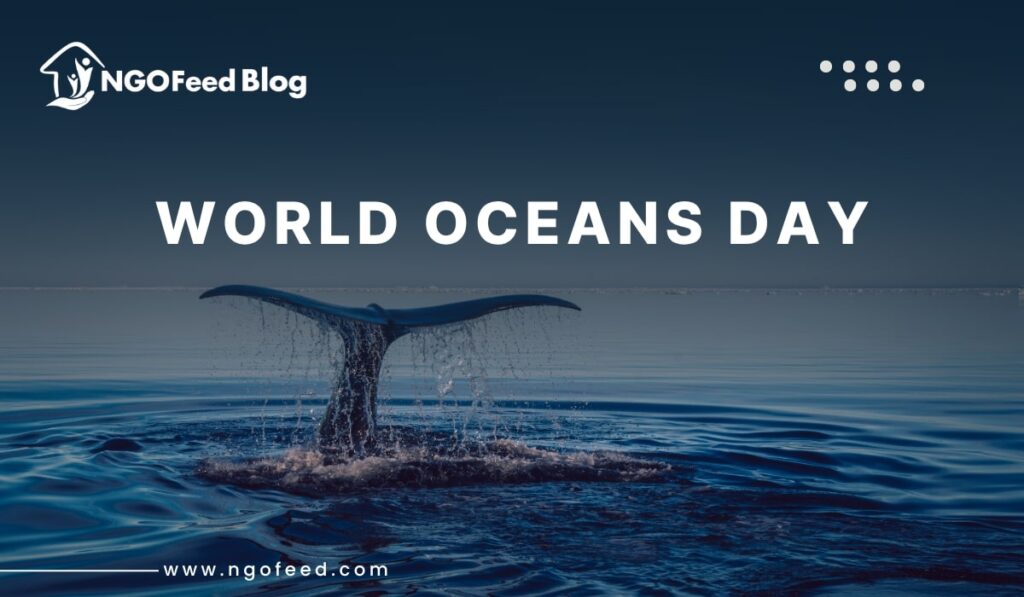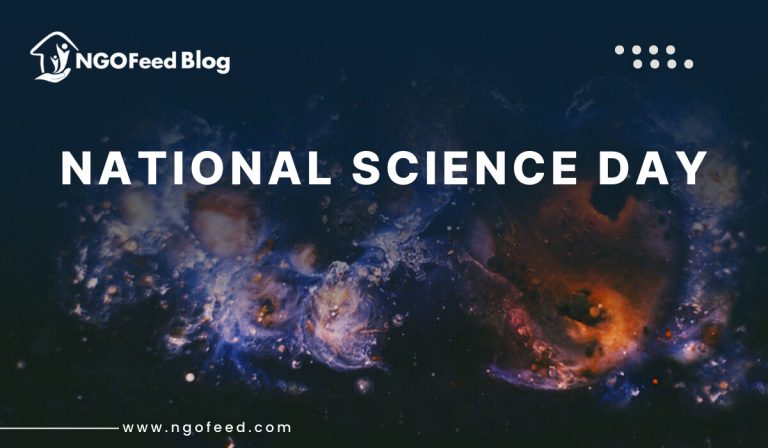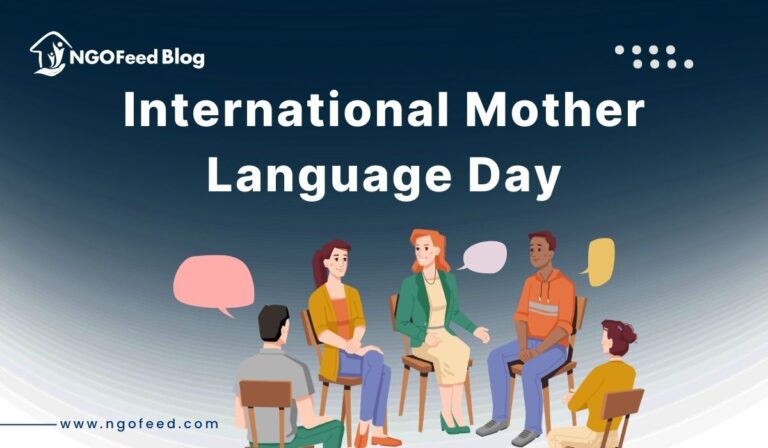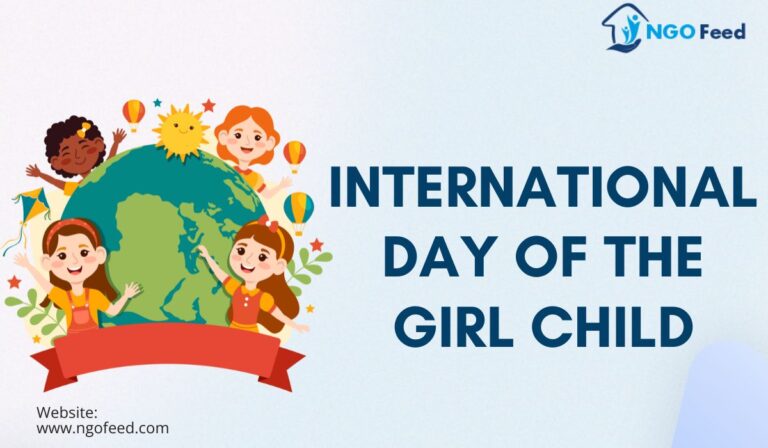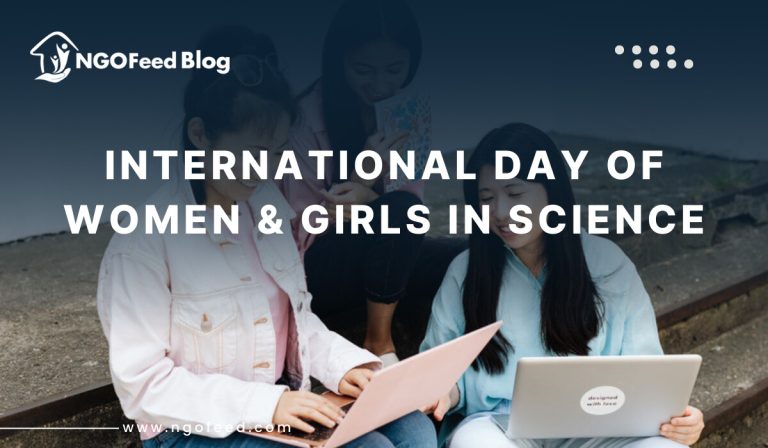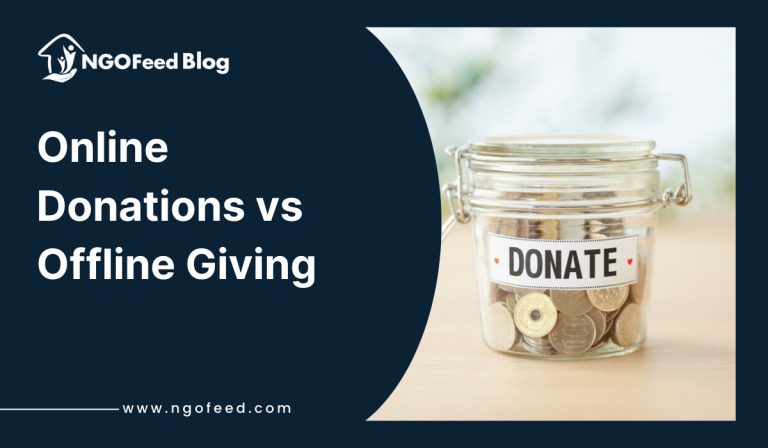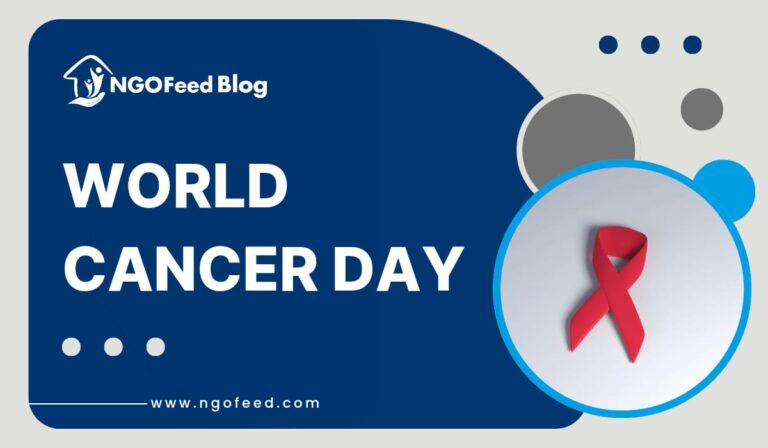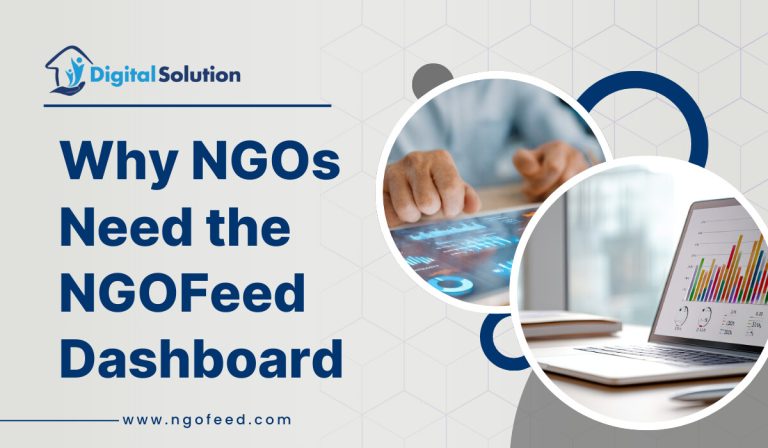Observed annually on June 8, World Oceans Day offers a worldwide forum to acknowledge the vital part oceans play in supporting life on Earth. Covering more than 70% of the Earth’s surface, oceans also act as the planet’s life-support system by regulating temperature, producing oxygen, storing carbon dioxide, providing food, and supporting economies.
Still today, seas are under heretofore unheard-of danger and need quick international action to protect them for future generations.
“Catalyzing Action for Our Blue Planet”
Table of Contents
World Oceans Day 2025: History and Origin
- Initially suggested in 1992 by Canada at the Earth Summit in Rio de Janeiro.
- Officially assigned in 2008 by the United Nations.
- Seeks to highlight problems with the ocean in global environmental policy.
- Coordinated worldwide by the United Nations Division for Ocean Affairs and the Law of the Sea (DOALOS) as well as The Ocean Project.
Also Read: Role of NGOs in Environmental Protection
Why is World Oceans Day celebrated?
- To inform the public about the results of human activities on the ocean.
- To generate funding for world ocean conservation.
- Celebrating creative solutions that encourage sustainable use of marine resources.
- To emphasize the link between ocean health and human well-being.
- Encourage community participation and cooperative global policies.
World Oceans Day 2025 Theme for the Compass
Catalyzing Action for Our Blue Planet
The 2025 theme highlights the need to go from awareness to action—connecting science, advocacy, education, and policy making to revive and preserve marine ecosystems at every level.
Ocean significance
- Produce more than half of the oxygen for the world.
- Absorb between 25 and 30 percent of carbon dioxide emissions to act as the biggest carbon sink.
- Help the over three billion people’s way of life, especially in coastal areas.
- Offer trade channels and transportation for more than 90% of all global commerce.
- Essential for precipitation, temperature balance, and climate control.
- Many civilizations get their inspiration, entertainment, and spiritual connection from source.
Also Read: Role of NGOs in Sustainable Development
Oceans under threat
- Plastic contamination: Microplastics are found in fish, sea salt, even human blood.
- Ocean acidification: Changes chemistry that impacts shell-forming species and coral reefs.
- Leading to collapse of marine populations are overfishing and unlawful fishing techniques:
- Dead Zones: Hypoxic areas brought on by agricultural runoff and chemical dumping.
- From industrial and shipping operations, noise pollution influences whale migration.
- Destruction of coral reefs, mangroves, and sea grasses.
Human life influenced by degradation of oceans
- Threatens food stability for billions of people.
- Raises coastal populations’ susceptibility to storms and rising sea levels.
- Helps in the loss of biodiversity, which has effects on fisheries, culture, and tourism.
- Increases international health crises as marine pollution penetrates human food chains.
Also Read: Role of NGOs in Biotechnology
Role of International Bodies
- UNESCO-IOC organizes maritime science and capacity-building.
- To lessen ocean plastic, UNEP carries out worldwide campaigns like “#CleanSeas”.
- Through its Code of Conduct for Responsible Fisheries, FAO promotes sustainable fisheries.
- In my opinion, the International Maritime Organization (IMO) controls marine pollution and shipping safety.
- The Ocean Decade (2021–2030) seeks to foster partnerships and knowledge for sustainable ocean growth.
Worldwide Celebrations and Events
- Exhibitions and young activities are carried out in world aquariums, colleges, and museums.
- Eco-friendly celebrations, marine-themed art competitions, beach cleanings.
- Youth conferences and policy debates on marine conservation.
- Documentaries, podcasts, and marine storytelling classes.
- Statements on corporate sustainability (e.g., plastic reductions, ocean-safe supply networks).
Individual, school, NGO, and local governmental responsibilities
People can:
- Lower plastic consumption.
- Back sustainable seafood.
- Join ocean conservation groups.
Include oceanography in courses:
- Hold themed ocean awareness days.
- NGOs are very important in:
- Tracking marine ecosystems.
- Supporting ocean initiatives driven by communities.
- Manage local governments:
- Implement pollution control laws.
Also Read: Role of UNHRC in India
Education Initiatives and Ocean Literacy
All UNESCO Ocean Literacy Program. Connecting schools globally to marine themes is the Blue Schools Network. Interactive resources like virtual underwater tours, marine augmented reality (AR) applications, and citizen science sites.
Link between climate and ocean
- More than 90% of world heat produced by greenhouse gases is absorbed by oceans.
- Monsoons, cyclones, and weather patterns are all affected by sea surface temperatures.
- Melting polar ice caps increase sea levels, therefore impacting millions of people in low-lying countries.
Targets for Sustainable Development (SDG 14) and Action on the Ocean
- Goal 14: Living Under Water
- Cut down on marine trash and habitat damage.
- Eliminate subsidies for damaging fishing.
- Encourage sustainable aquaculture.
- Improve ocean technology and scientific understanding.
- Expand marine protected areas (presently only around 8% of the ocean).
Also Read: Role of NGOs in Sustainable Agriculture
Technological advancements in marine protection
- Marine drones and satellites used to keep an eye on illicit fishing.
- Green shipping fuels and bioplastics.
- Model of ocean temperatures fueled by artificial intelligence.
- Advanced sonar seabed mapping for resource protection.
- 3D printing aids in the rehabilitation of coral reefs.
Legislation and policies for maritime protection
Manages ocean rights and borders: United Nations Convention on the Law of the Sea
- Seeking to conserve marine biodiversity outside of national authority, the 2023 BBNJ Treaty.
- MARPOL Convention regulates ship emissions.
- National maritime policies: India’s Blue Economy Policy; the Ocean Climate Action Plan of the United States, etc.
Blue Economy: Its Worldwide Possibility
- Strives to strike a balance between economic development, sustainability, and ocean health.
- Fisheries, marine transit, tourism, offshore energy, and marine biotechnology are all industries
- By 2030, estimated to add $3 trillion every year to the world economy.
Also Read: Role of NGOs in Water and Sanitation
Obstacles and Course of Action
Problems:
- Political will, public awareness, and enforcement are lacking.
- Driven by climate, ocean changes are worldwide in complexity.
- Economic interests frequently trump environmental ones.
Way Forward:
- Expand funding for marine conservation and green technologies.
- Reach the next generation via participation, empowerment, and education.
Also Read: Role of NGOs in Water Conservation
Frequently Asked Questions (FAQs)
Q1: What is the significance of 8 June?
Celebrated and protected seas and marine life, this is a UN-recognised day.
Q2: At home, what measures can we take to stop water contamination?
Cut plastic, recycle carefully, stay away from chemical disposal, and back environmentally friendly goods.
Q3: What is ocean acidification?
A procedure by which the ocean gets more acidic as a result of CO₂ uptake, hence killing marine life.
Q4: What exactly are MPAs?
Areas with restricted human activity to preserve biodiversity are known as Marine Protected Areas.
Conclusion
World Oceans Day reminds us that the fate of our planet is in our hands—and under our seas. Oceans connect us all, regardless of where we live. Their defense is a survival, health, economic, and human rights matter as well as an environmental one. We have to take action right now, from local movements to worldwide policy changes, if we want to protect the beauty and integrity of our oceans for next generations. Let’s serve as custodians of the blue.

